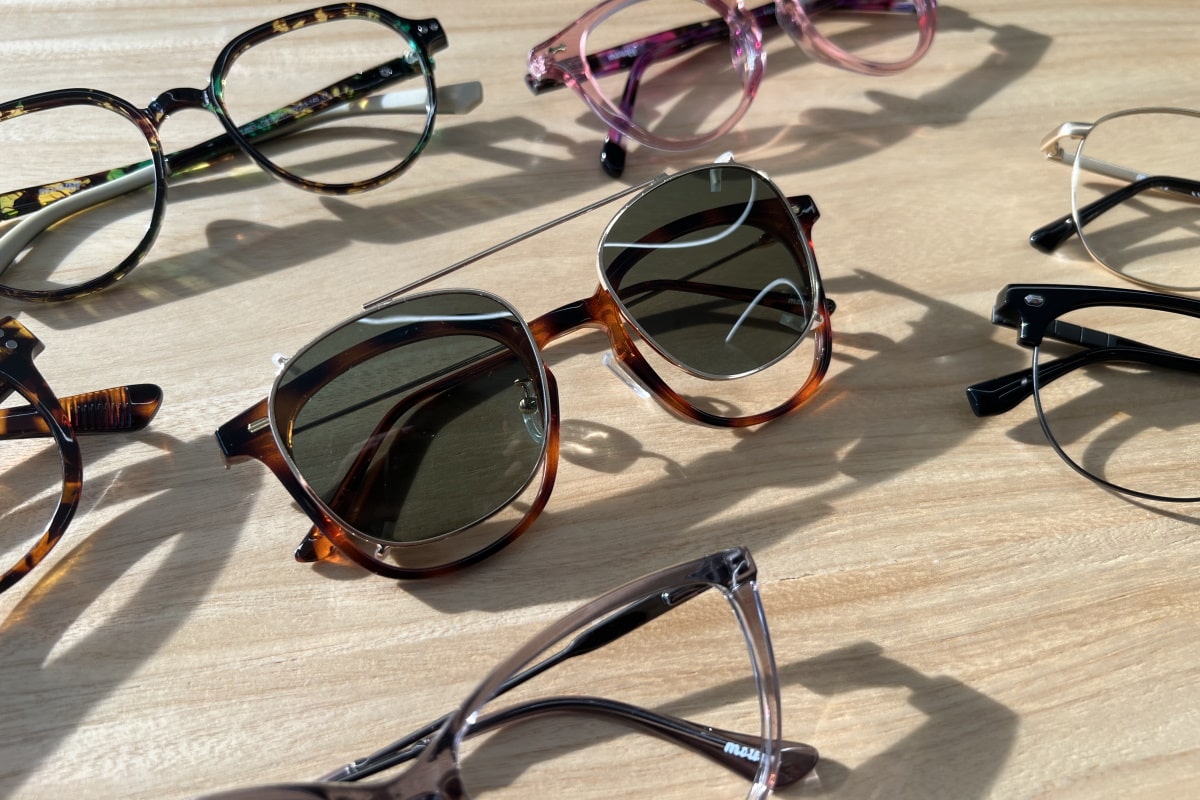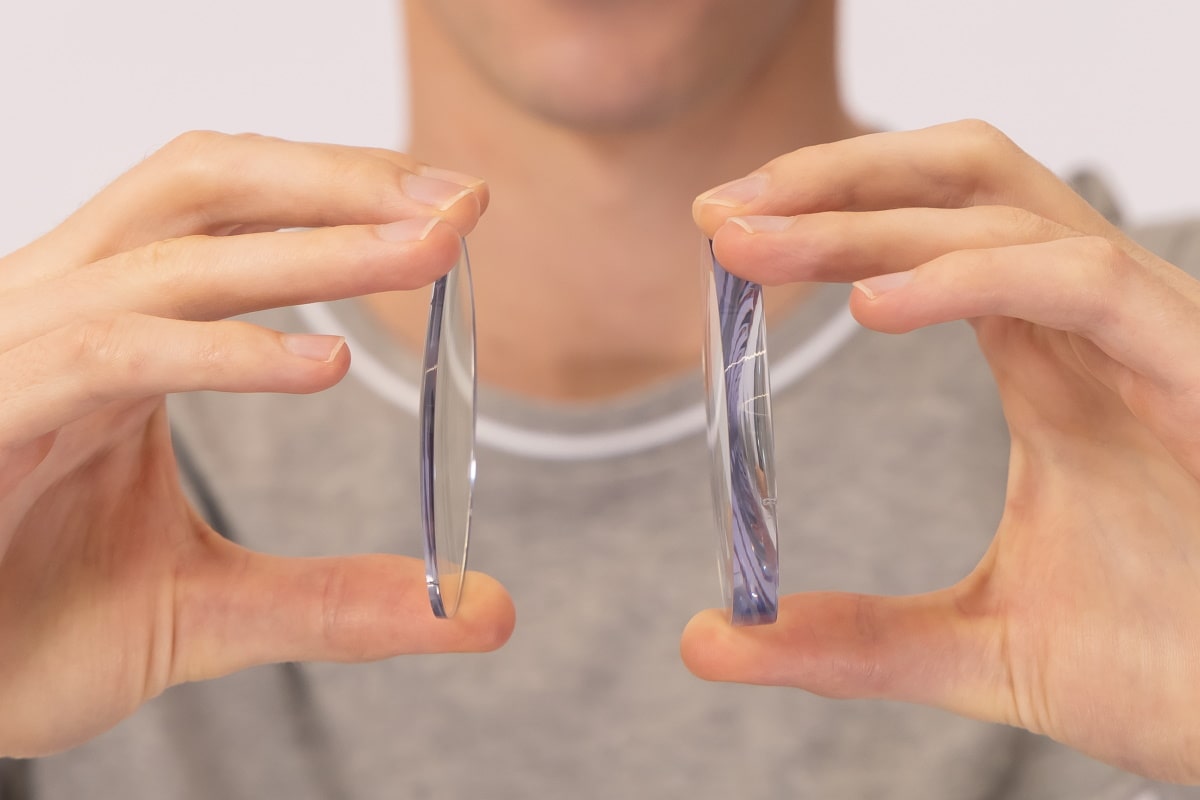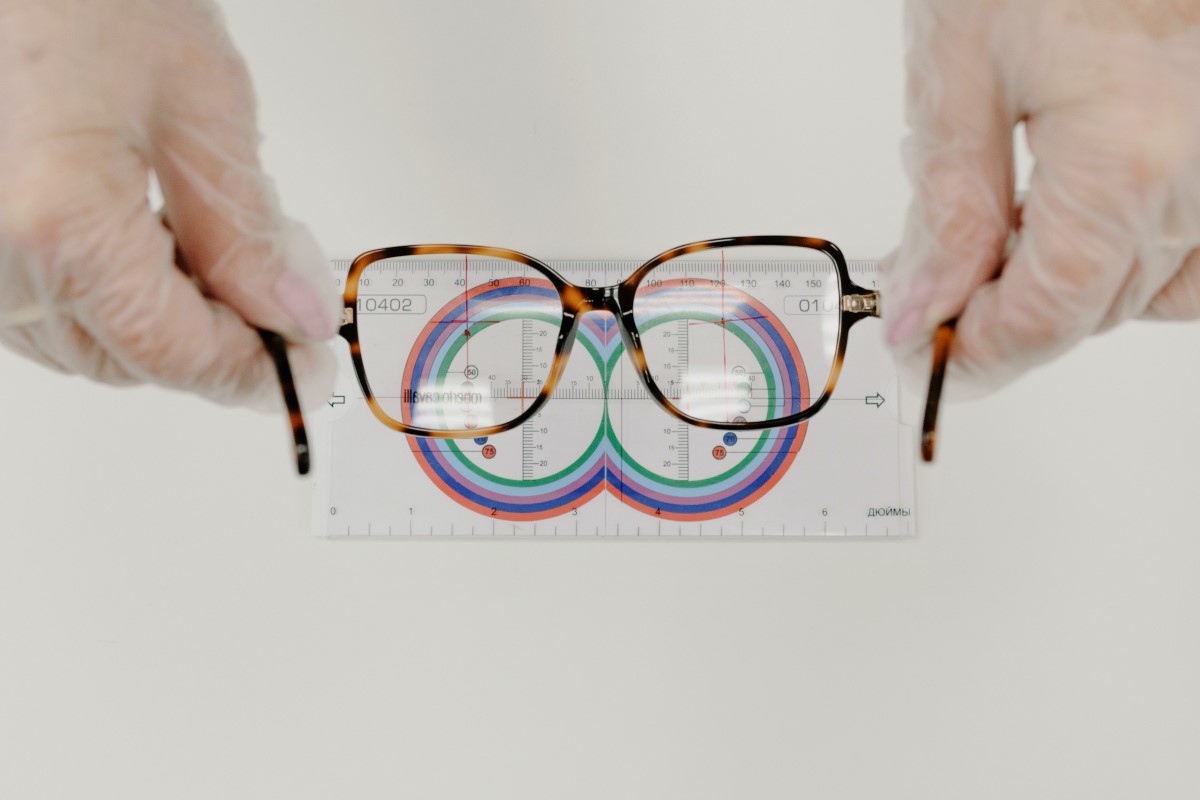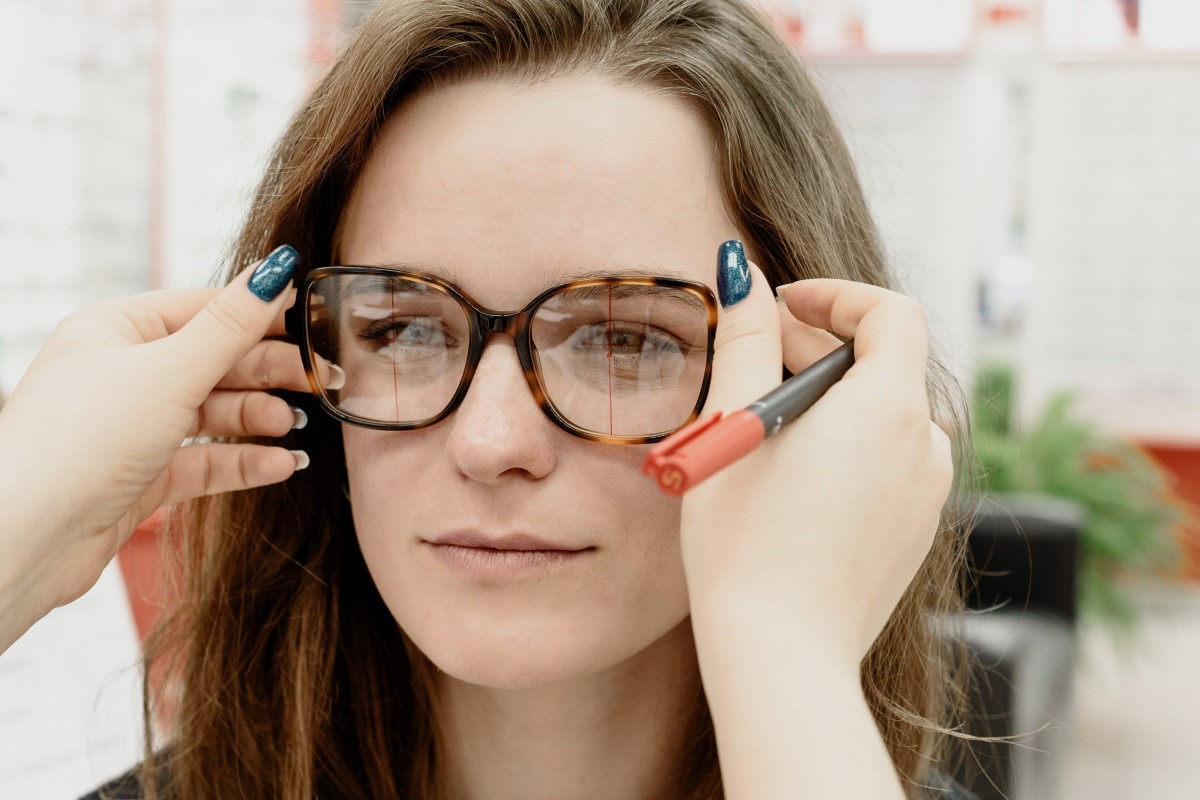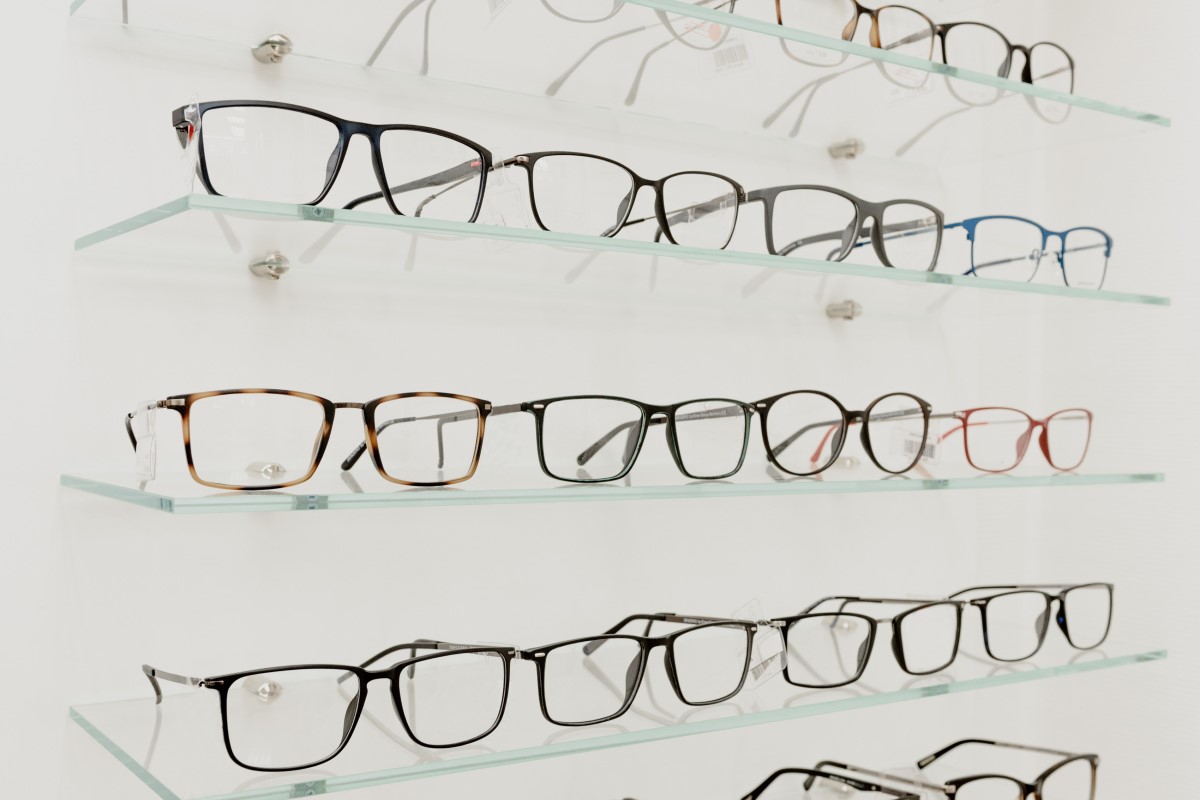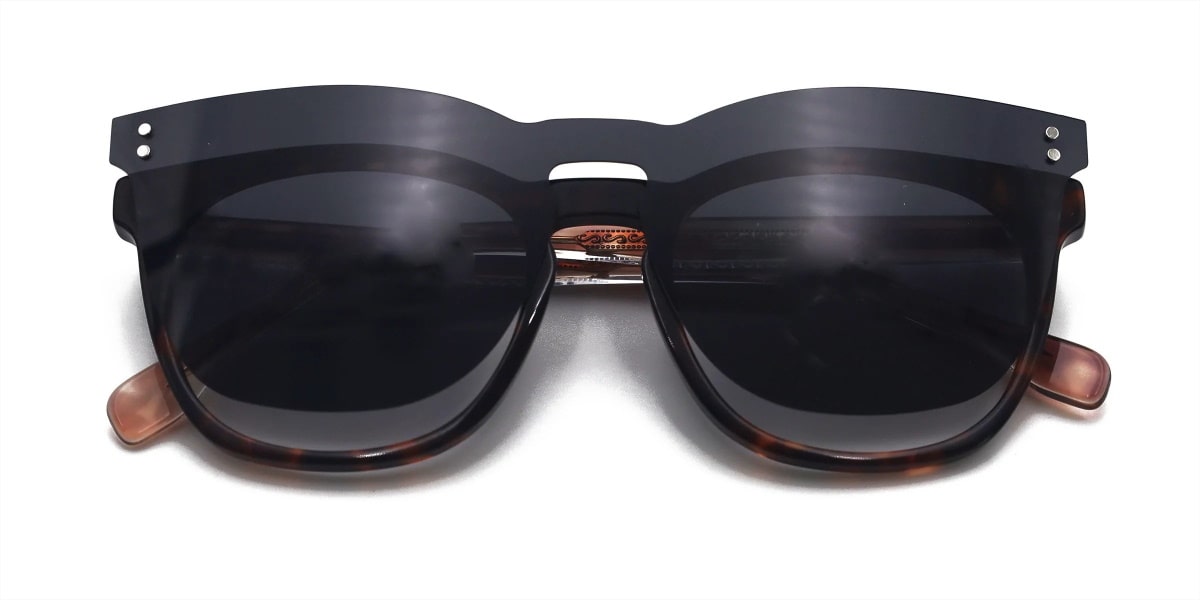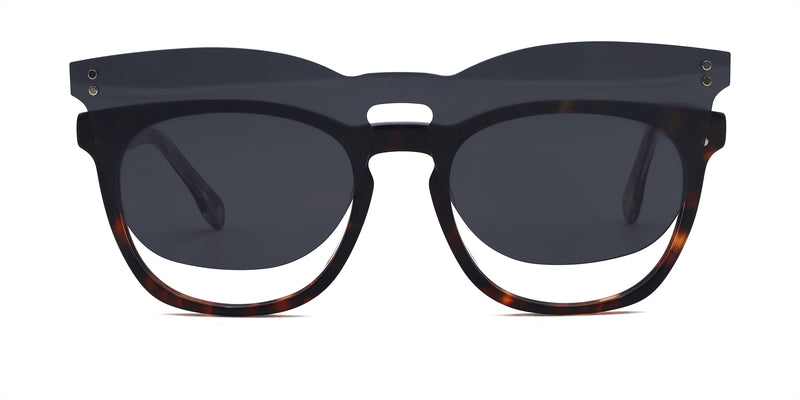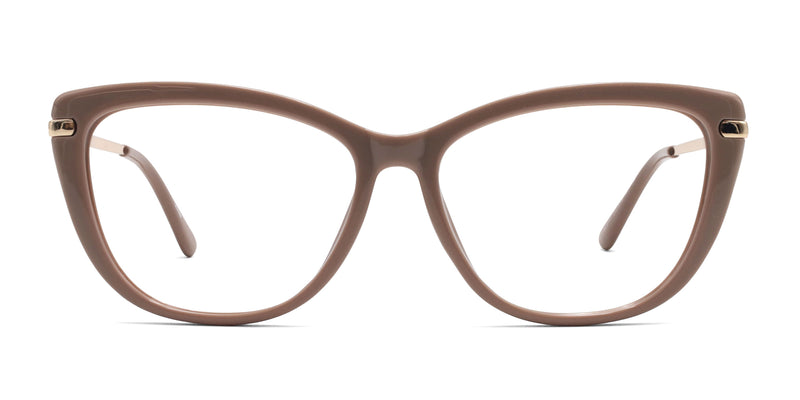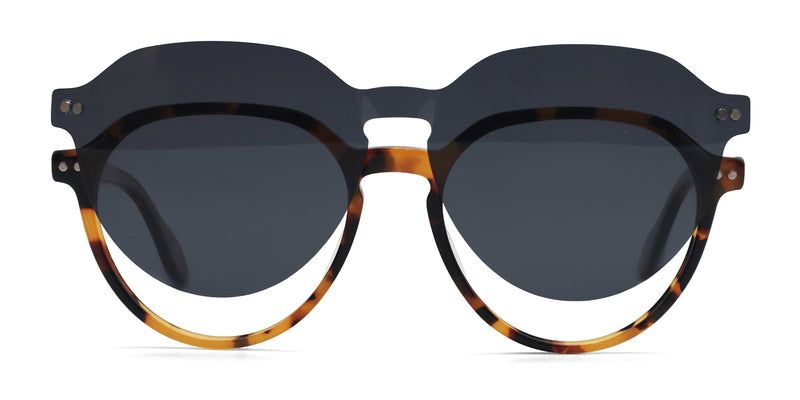6 Practical Tips to Help You Save when Buying Glasses
If you’ve tried shopping for a pair of glasses before, you’d know the struggles that come with the process. One of the biggest is seeing a pair you like and having to let it go once you see the enormous price tag.
But it doesn’t always have to be that way. So, to help you save money on buying glasses, we made this comprehensive guide for you! Scroll down to find out more.
1. Opt for glasses made with more affordable materials
Have you ever wondered why some eyeglasses are more costly than others? It all boils down to its main parts, the lenses, and the frames.
Both the lenses and frames can be made out of different materials and features, and the price will vary accordingly.
Now, that’s great news if you’re big on customizing your spectacles.
Maybe you want frames that can withstand harsh elements and high falls. Or, you might need special lenses with a high prescription. That’s all possible, but it can come with a hefty price tag.
However, if your goal is just to see clearly and comfortably, it helps to keep in mind that cheaper lenses can do the job just as well as more premium ones.
In terms of frames, try selecting a pair made of plastic. Other frame materials like titanium or wood might look more aesthetically pleasing but can cost more.
If you’re wondering whether they’re durable, plastic frames have innovated to the point where they’re comparable to metal frames. Plus, they have the added advantage of being more lightweight.
2. Skip add-ons unless necessary
When you meet with a trusted eyecare expert for an appointment, you have the opportunity to discuss and assess what type of eyeglasses best suits your lifestyle.
Ideally, your glasses shouldn’t only fit well and help you see clearly. They should also cater to your lifestyle and help you go about daily tasks smoothly.
So, it helps to be transparent with your eyecare expert about what you need. While there are plenty of add-on features nowadays, some of them are nice to have rather than a must-have.
For instance, there’s blue light filters. However, if your eyes aren’t constantly in front of screens, you could save some money by opting out of this add-on.
At Mouqy, we offer the option of blue light blocking lenses for all our frames – but you can always opt for our cheaper clear lenses if this extra protection isn’t needed!
3. Shop online instead of at brick-and-mortar stores
If you can’t seem to find anything within your budget at a physical store, try going online instead.
When you shop for glasses online, you tend to buy directly from the manufacturers. As a result, there’s no middlemen and you won’t get as high of a price markup.
This point is necessary since the price range for glasses is shockingly high. Right now, a pair of standard prescription glasses can cost up to $200. If you want it to have special add-on features, that price tag can rise to $1000!
In contrast, you could get a pair starting from less than $20 at online eyewear stores. Talk about a sight for sore eyes.
Because of how huge the price gap can be, it’s no surprise that most people have gravitated towards online eyewear shopping. In a recent study, around 12.4 million Americans revealed that they bought their spectacles online in 2021.
Online eyewear stores, like Mouqy, also offer a ton of eyewear styles you can choose from. You can even virtually try on any of the designs in their online catalog to get a better idea of how a pair looks on you before you buy.
You can save even more shopping with us – just check out our discount coupons that are currently available!
4. Get a vision insurance plan
Another thing to consider when buying glasses is your vision insurance plan. Having one helps you cover some of the costs of getting new eyewear, like when you need to add special features such as progressive lenses and an anti-reflective coating.
With a plan, you can either get huge discounts and package deals, or a nice allowance every month for your eyewear needs.
Before you click ‘purchase’ on your new spectacles, check if the retail store accepts your vision insurance plan. You should also check with your employer to see if it’s part of your work benefits.
5. Use an FSA or HSA
Have you ever heard of a health savings account? How about a flexible savings account?
If you haven’t yet, then you should probably open one before buying specs. These accounts can help you pay for your medical expenses, and that includes your prescription glasses too.
Generally speaking, an FSA or HSA can cover these vision-related costs.
- Eye exams
- Prescription glasses
- Reading glasses
- Prescription sunglasses
- Prescription sports and safety glasses
- Eyeglass frames and cases
- Eyeglass repair or repair kits
Learn more on how you can reduce your eyewear expenses with our detailed guide about HSA and FSA accounts.
6. Use multipurpose glasses
If you want to save some bucks, you gotta think practical. For instance, rather than buying spectacles and sunglasses separately, why not get both in one pair?
For your next shopping trip, search for multipurpose glasses, like this brilliant 2-in-1 pair from Mouqy, which has a sunglasses clip-on. You can take it from day to night without any hassle!
If you’re dealing with multiple vision issues, try going for bifocal or progressive lenses. These types of lenses can correct both nearsightedness and farsightedness.
Getting quality glasses at a good price is possible
In shopping for a pair of eyeglasses, it helps to remember that price doesn’t dictate quality.
Affordable yet high-quality options do exist, especially when you expand your search to online stores.
Try out the practical tips we mentioned above, and before you know it, you’ll be saving yourself hundreds of dollars, if not more.
Enjoyed this article? Browse Mouqy’s blog for more eyewear tips, tricks, and guides like this.

Written by:
Phoebe Jade

